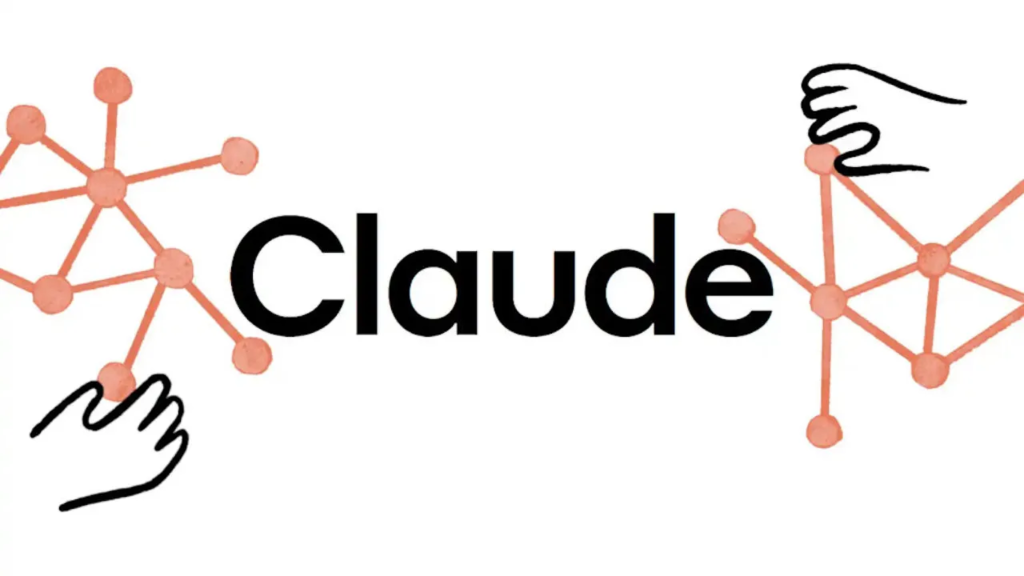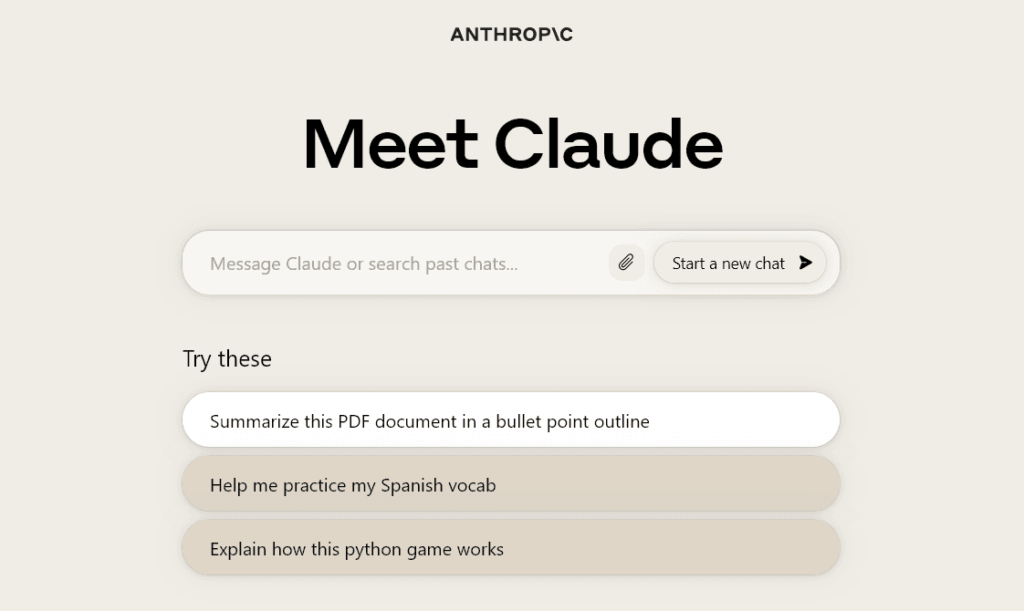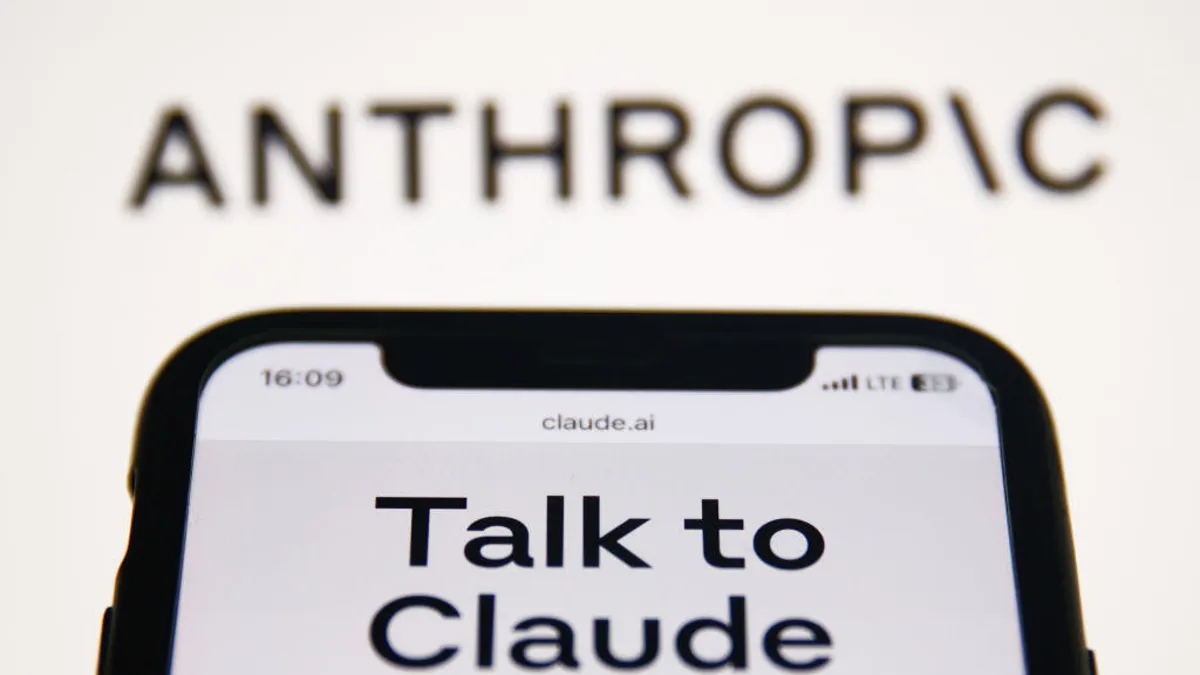The Claude AI chatbot from Anthropic provides its paid users with a brand-new feature. The web search feature has become available to the United States paying subscribers of Claude as of today, enabling AI to instantly access online data while providing source attribution. Users now have greater accuracy in Claude for tasks that require recent information because this update enables Claude to access real-time data through a feature enhancement.
How Claude’s Web Search Works
Users can activate web search capabilities by changing their settings in the Claude web application. After activation, Claude starts searching the internet to retrieve answers to questions that demand contemporary information. The system retrieves responses, including in-line citations that come from sources such as Reuters, NPR and the X platform, which previously operated as Twitter.
The question to Claude regarding current stock market information often retrieves Bloomberg’s most recent earnings reports. Claude’s web search function transforms processed search results into conversational formats so users avoid manual browsing of links.

Limited Rollout and Availability
The web search operation is currently in beta status while exclusively supporting Claude 3.7 Sonnet, Anthropic’s most recent AI model version. Initially, it was available to paying customers in the US. Free users and international audiences will gain access later, though Anthropic has not shared a timeline.
During early tests, web search did not always activate for current events queries. However, when functional, Claude delivered sourced answers. Anthropics warn that inaccuracies or “hallucinations” (made-up facts) may occur, a common issue among AI chatbots.
Catching Up to Competitors
Claude’s web search brings it closer to rivals like ChatGPT, Gemini, and Mistral’s Le Chat, which already offer internet access. Previously, Anthropic positioned Claude as “self-contained,” relying on its training data rather than live web content. The shift reflects competitive pressures in the AI market, where real-time data is a key user demand.
Studies highlight the risks of AI-generated inaccuracies. Research from the Tow Center for Digital Journalism found leading chatbots give wrong answers to over 60% of questions. The Guardian reported ChatGPT Search producing misleading summaries, underscoring the challenge Anthropic faces with Claude.
Practical Uses for Claude’s Web Search
Anthropic suggests several applications for the new feature.
- Sales Teams: Analyze industry trends to identify client pain points.
- Financial Analysts: Assess market data for informed investment decisions.
- Researchers: Find primary sources for grant proposals or literature reviews.
- Shoppers: Compare product features and prices across retailers.
These use cases aim to position Claude as a tool for professionals needing accurate, timely information.
Balancing Innovation and Accuracy
The web search capabilities of Claude make the system more valuable to users, yet Anthropic must resolve the reliability issues with its products. Users who pay for services will lose trust when incorrect citations appear. Users should verify sources using Claude’s citations according to organizational recommendations, even though some users prefer to skip this verification procedure because it demands additional time. The company maintains an academic-style approach through its emphasis on citations because it aims to boost transparency. Claude’s ability to choose dependable sources, together with its ability to detect unreliable internet sites, will determine the system’s effectiveness.

Getting Started With Web Search
Paid US users who want to search the web through Claude must activate this capability under their profile settings. Users activate the feature and subsequently use Claude 3.7 Sonnet according to normal operations. The AI system conducts automatic web searches whenever appropriate situations arise and shows the cited sources within its responses.
The worldwide implementation of this feature by Claude will lead Anthropic to enhance its precision levels and increase language processing capacity. The company’s blog confirms that this update allows Claude to gain real-time insights by receiving answers from only current information. For now, Claude’s web search marks a significant step in its evolution, blending AI smarts with the vastness of the internet. Whether it can outpace rivals in reliability remains to be seen.





